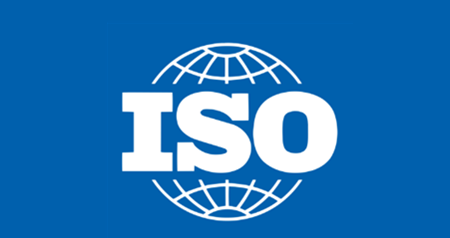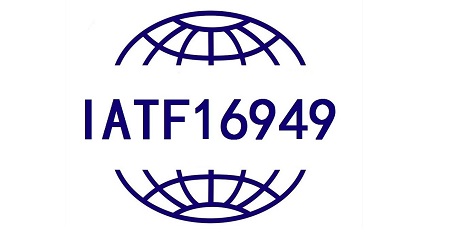Precision CNC Turning Services in China
Discover the pinnacle of precision with our CNC turning services. We offer high-accuracy machining to meet your exact specifications, ensuring perfect parts every time.
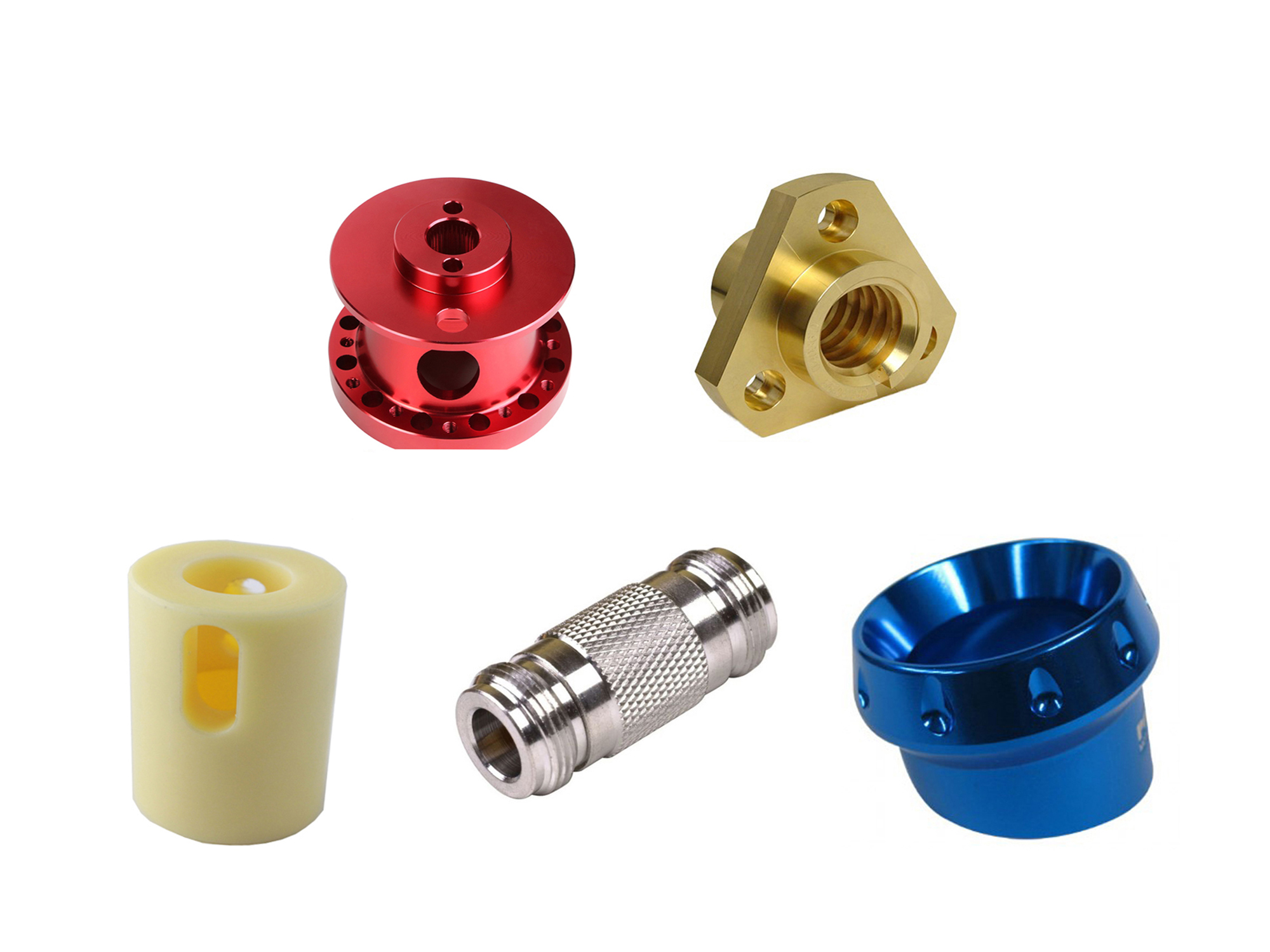
Advantages of CNC Turning
These points highlight the practicality and efficiency of using custom CNC turning for manufacturing diverse parts.
High Precision: Produces parts with tight tolerances +/-0.01mm and consistent quality.
Versatile: Works with various materials like metals and plastics.
Efficient: Suitable for both small and large production runs.
Complex Shapes: Capable of making detailed and complex parts.
Smooth Finishes: Often eliminates the need for further surface finishing.
Easy Modifications: Quick updates to designs through program adjustments.
Custom CNC Turning Parts and Used
Custom CNC turning is widely used in various industries to create specialized and precision parts. Here are some typical parts produced using this process and their applications:
Types Of CNC Turning Services
Here’s a detailed exploration of various CNC turning techniques, each suited for specific machining requirements and designed to achieve high precision and quality in manufactured parts:
CNC Truning Materials
Aluminum
Aluminum is a lightweight, corrosion-resistant metal ideal for applications requiring a high strength-to-weight ratio and good thermal conductivity. It’s easy to machine and extensively used in aerospace, automotive, and consumer electronics. Common types of aluminum alloys like 6061 and 7075 offer enhanced mechanical properties, such as improved toughness and hardness.
- Price: $$
- Lead Time: 10 days
- Wall Thickness: 0.75 mm
- Tolerances:+/-0.125mm (±0.005″)
- Max part size: 200 x 80 x 100 cm
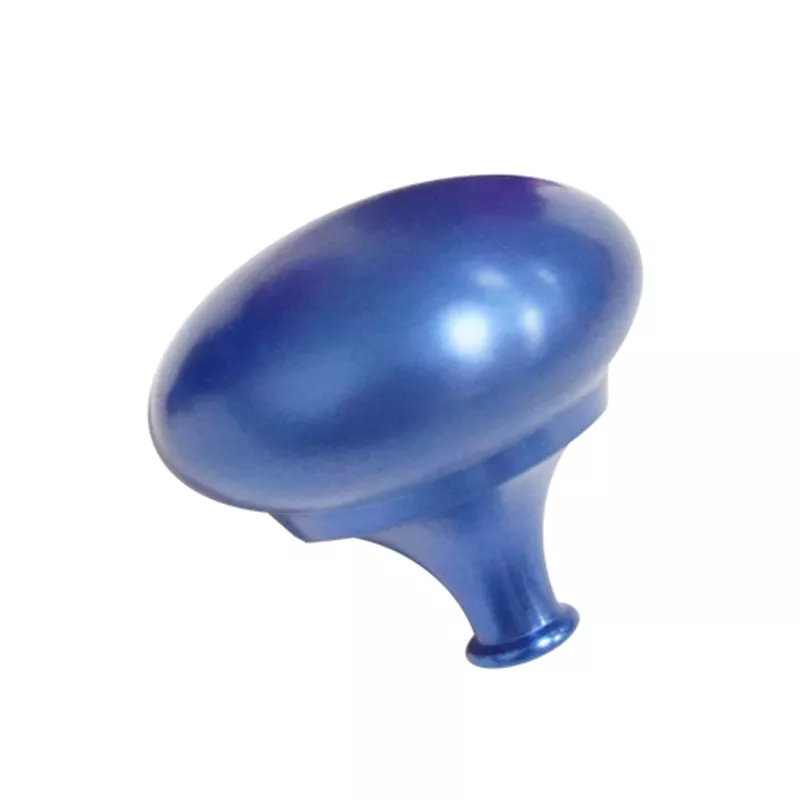
Copper
Copper is highly conductive to both heat and electricity, making it popular in electrical applications, heat exchangers, and automotive parts. It is relatively easy to machine and provides a unique combination of ductility, strength, and thermal conductivity. Its natural resistance to corrosion and aesthetic appeal also make it a choice material for decorative applications.
- Price: $$$
- Lead Time: =10 days
- Wall Thickness: 0.75 mm
- Tolerances: plusmn;0.125mm (±0.005″)
- Max part size: 200 x 80 x 100 cm
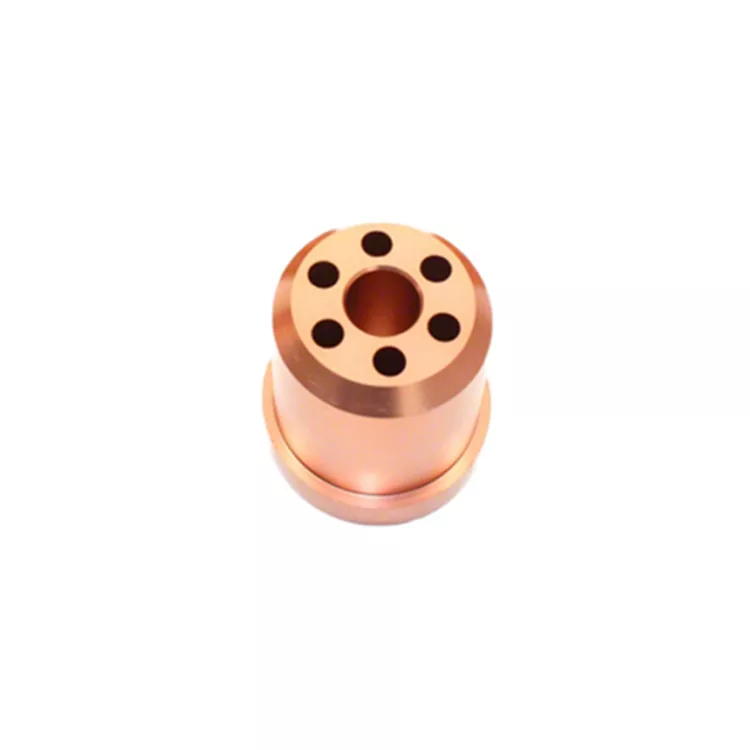
Brass
Brass is an alloy of copper and zinc, known for its machinability and corrosion resistance. It’s often used for decorative items, plumbing fixtures, electrical components, and musical instruments. Brass provides a balance between strength and ductility and can be easily machined into complex shapes.
- Price: $$$
- Lead Time: < 10 days
- Wall Thickness: 0.75 mm
- Tolerances: ±0.125mm (±0.005″)
- Max part size: 200 x 80 x 100 cm
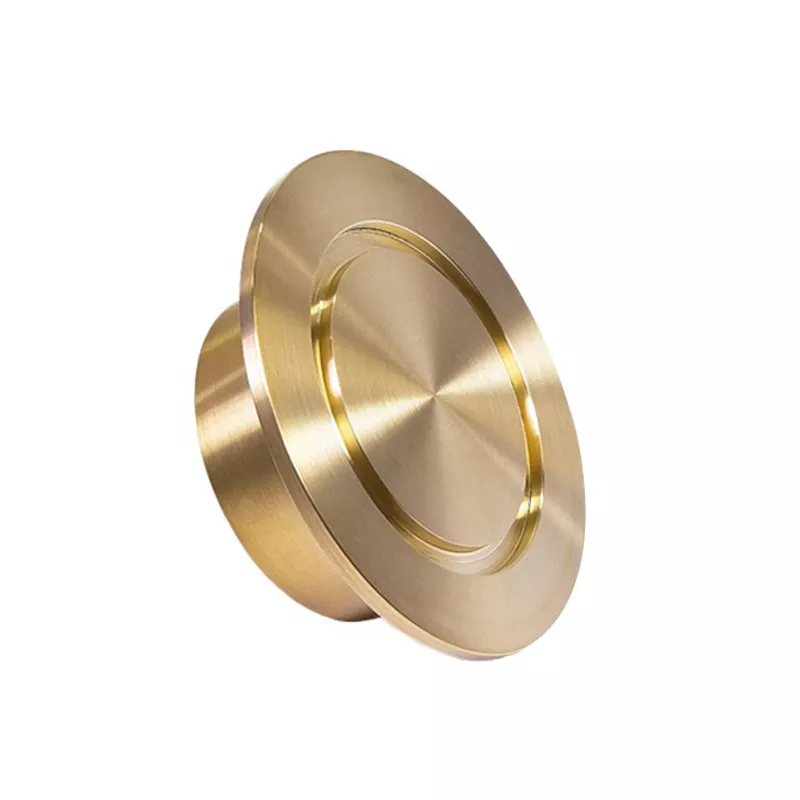
Stainless Steel
Stainless Steel is renowned for its corrosion resistance and strength. It’s widely used in food processing equipment, medical devices, and general metal fabrication. Stainless steel alloys, like 304 and 316, offer a good balance of corrosion resistance, machinability, and cost-effectiveness. It’s a versatile material suitable for a wide range of applications.
- Price: $$
- Lead Time: < 10 days
- Wall Thickness: 0.75 mm
- Tolerances: ±0.125mm (±0.005″)
- Max part size:200 x 80 x 100 cm
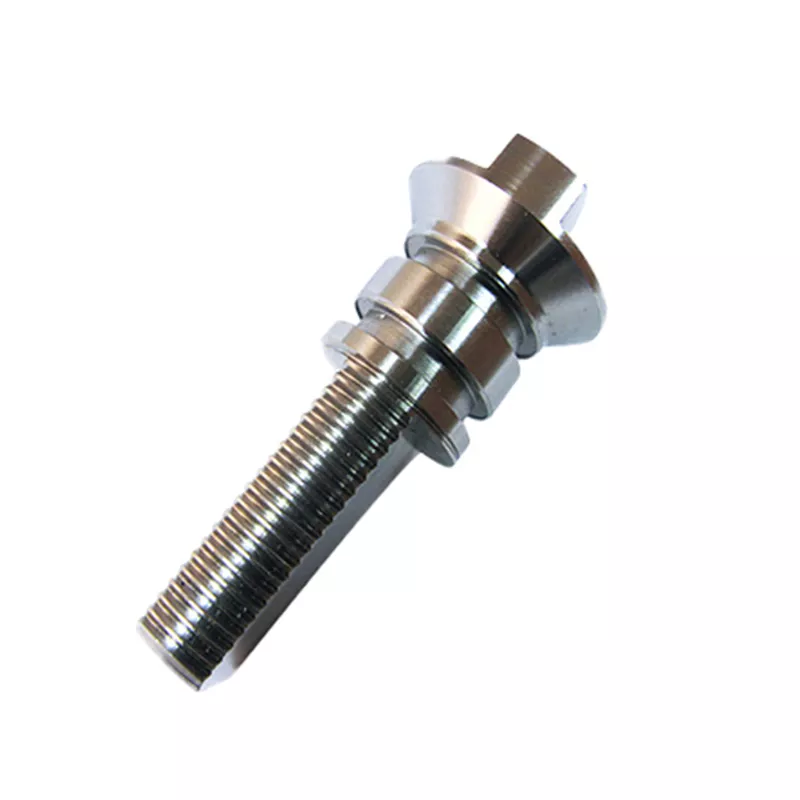
Titanium
Titanium is known for its exceptional strength, lightweight, and high corrosion resistance. It’s often used in aerospace, medical implants, and high-performance automotive applications. Titanium is challenging to machine but offers superior mechanical properties and a very high strength-to-weight ratio, making it ideal for advanced engineering applications.
- ?Price: $$$$$
- ?Lead Time: < 10 days
- ?Wall Thickness: 0.75 mm
- ?Tolerances: ±0.125mm (±0.005″)
- ?Max part size: 200 x 80 x 100 cm
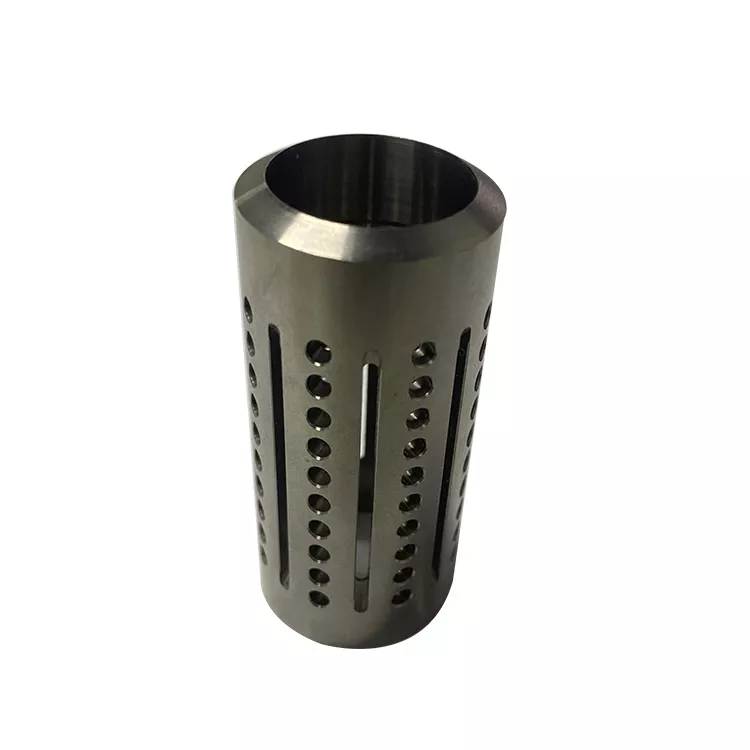
Plastics
Plastics in CNC machining offer versatility and a wide range of mechanical properties. Common plastics like ABS, Nylon, and Polycarbonate are lightweight, corrosion-resistant, and offer varying degrees of strength and flexibility. Plastics are used in applications from consumer products to automotive components, where complex shapes and low production costs are priorities.
- POM
- Nylon
- ABS
- PEEK
- PTFE
- PC
- HDPE
- PVC
- PMMA
- PET
- PP
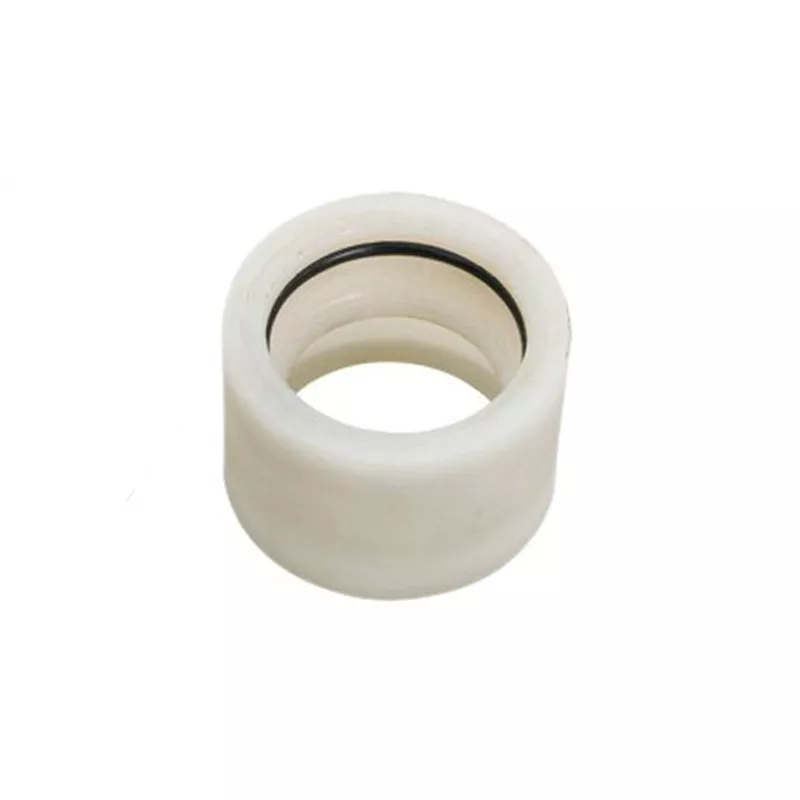
Technical Capabilities and Specifications of CNC Turning
Below is a detailed outline of CNC turning services' technical specifications and capabilities. This information is useful for assessing the suitability of a service for their specific machining needs:
| Specification | Details | Note |
|---|---|---|
| Maximum Turning Diameter | Up to 40 inches (1016 mm) | Capacity may vary depending on CNC turning center specifications. |
| Maximum Turning Length | Up to 60 inches (1524 mm) | Longer lengths may be accommodated with specific machine setups. |
| Spindle Speed | Up to 6000 RPM | Higher speeds possible for smaller diameter workpieces. |
| Tolerances | Typical Precision: +/- 0.0005 inches (0.0127 mm) | Tighter tolerances achievable based on material and part complexity. |
| Surface Finish | As low as 16 microinch Ra | Finer finishes can be achieved with additional methods like polishing. |
| Certifications | ISO 9001:2015, AS9100, ISO 13485, ISO 14001 | Ensures compliance with quality, aerospace, medical, and environmental standards. |
| Automated Features | Bar Feeders, Parts Catcher | Enhances productivity and workflow efficiency in large production runs. |
| Control System | Advanced CNC Controllers | Supports complex programming and real-time adjustments for high precision. |
Post Processing Services for CNC Turned Parts
Revolutionize your CNC turned parts with our comprehensive post-processing. Ensure top-tier performance and standout aesthetics for demanding industrial uses.

